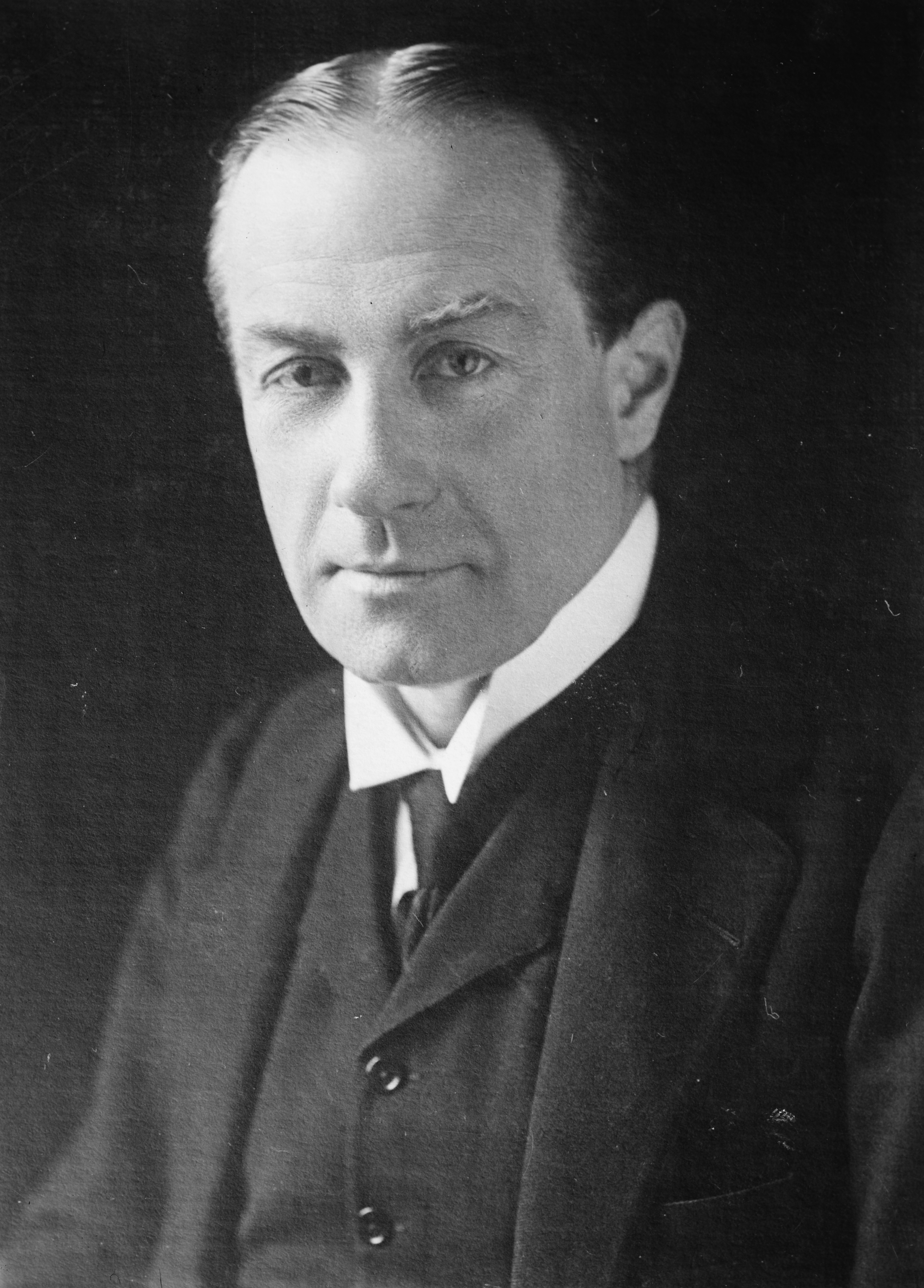“I want a truce of God in this country”
Speech in Birmingham (5 March 1925), quoted in On England, and Other Addresses (1926), pp 33-34, p. 40.
1925
Kontext: I want a truce of God in this country, that we may compose our differences, that we may join all our strengths together to see if we cannot pull the country into a better and happier condition. It is little that a Government can do; these reforms, these revolutions must come from the people themselves. The organisations of employers and men, if they take their coats off to it, are far more able to work out the solutions of their troubles than the politicians... So let those who represent labour and capital get down to it, and seek and pursue peace through every alley and every corner of this country... And if I have a message to-night for you and the people of this country, it is just this. I would say: "England! Steady! Look where you are going! Human hands were given us to clasp, and not to be raised against one another in fratricidal strife."
